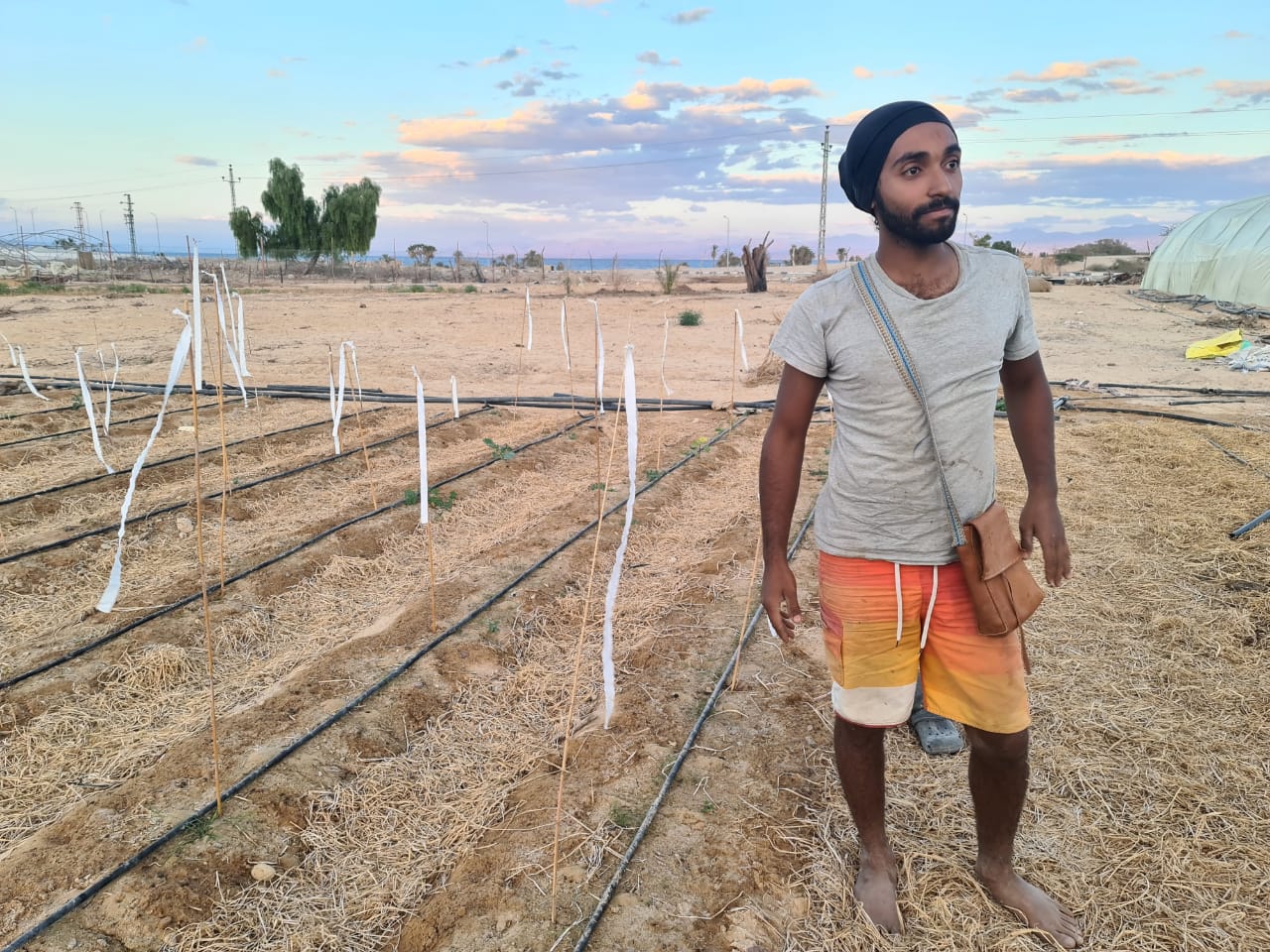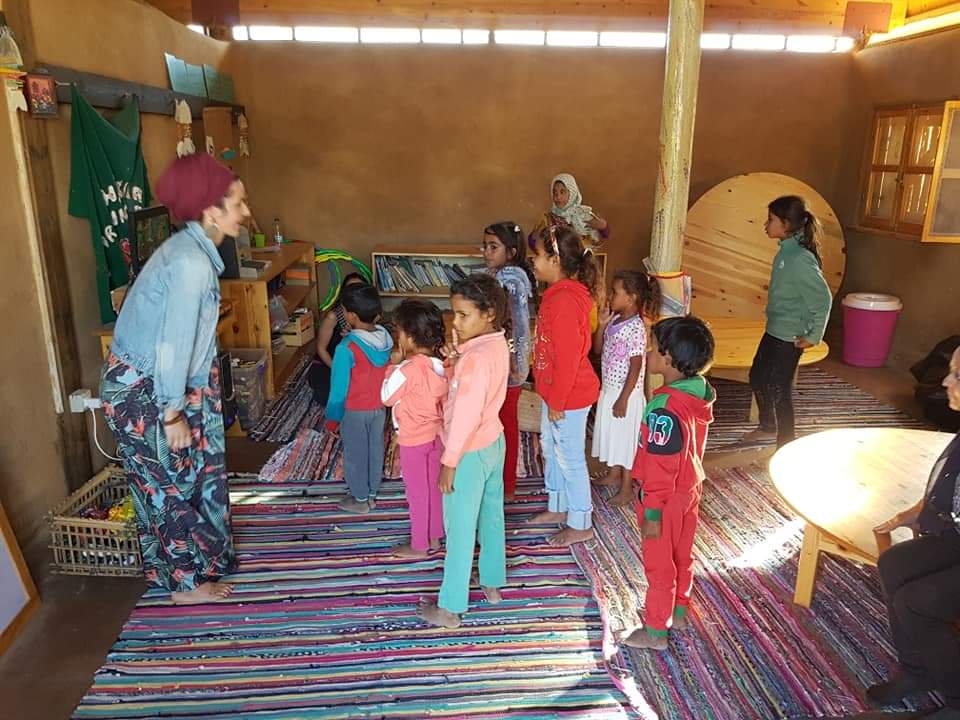“Together we can through volunteering” is the theme of International Volunteer Day 2020. The day was celebrated around the world on December 5th, with a blue heart emoji to “convey a positive feeling, solidarity and compassion for volunteers.”
A very recent paper entitled “Volunteering Practices in the Twenty-First Century” commissioned by the Plan of Action to integrate volunteering into the 2030 Agenda confirmed the positive change volunteering instigates through inclusion, ownership, innovation, participation and inspiration.
Volunteering can take place in formal or informal settings and can be practiced online or onsite. Also, its intensity can vary from episodic one-offs to short term engagements to a life-time or long term commitment. The aspirational element of volunteering ranges from self to community-building.
Volunteering in the tourism sector first emerged in the 1950’s in Britain. It was carefully nurtured through big initiatives undertaken by United Nations (UN) agencies such as UNICEF and international non-governmental organizations like Save the Children, Care and World Vision in the 1970s.
The term “voluntourism” was coined at the turn of the millennium to depict the concept of travelers engaging in voluntary work to serve the communities they travel to, with a growing body of literature starting to develop around it. This included activities related to education, cultural and historical restoration, medical assistance, supporting ecological conservation and contributing to the environment.
These activities have garnered positive vibes. Voluntourism has been associated with transitions from school to tertiary education to work. Research shows that the bulk of volunteering in the tourism industry typically takes place during the gap year.
International Voluntourism Guidelines for Commercial Tour Operators have been published in 2012 when the market was growing beyond being a niche. This sheer commercial growth stirred a lot of controversy on the design of these programs that can lead to superficial engagement while not addressing structural issues, or maintain a benevolence charity approach from the developed to the developing world, or displace employment opportunities away from the host community.
With the second wave of COVID-19 in full swing, risk assessments are being made for travel to almost all countries around the globe very high with the exception of Australia, China and Greenland. The travel and tourism industry has been facing unprecedented challenges. According to the UN, the pandemic is reducing global tourist arrivals somewhere between 0.8 billion to 1.1 billion. In Egypt, the UN World Trade Organization reports that tourist arrivals had picked up to reach 222,000 in August 2020 (up from 1,000 in April 2020) compared to 1.2 million at the same time a year before.
Despite these very difficult and different times, Habiba Organic Community in South Sinai has still been able to attract international and national volunteer tourists. This community by the Red Sea consists of a camp, an organic farm, a community learning center, the Palm Date Foundation and Womad. The five components complement each other and complete the circle to serve the neighboring Bedouin community of Arab Hamadan.

The farm provides fresh produce to the camps nearby through the “green box.” It is also a launchpad for volunteers from Egypt and around the world to try and test their ideas. Ahmed, an Egyptian volunteer, has worked for three months hand in hand with the local community initiating the concept of ‘regenerative agriculture’ as result of several trials on the farm’s greenhouse, which were perfected with the support and expertise of Ecosystem Restoration Camp.
The palm date foundation through its proceeds provides a source of income to sustain the community learning center. The latter offers young children an opportunity to learn English as well as enjoy different forms of experiential learning through art. The mothers of the young kids attending classes in the center have been taught by Marie, a volunteer from France, how to make natural soap from the vegetation in the surrounding environment. Also, their handicrafts along with the soap have been sold in the camp and in Cairo shops under the name “Womad”.

According to Maged El Saeed, the owner and founder of the community, Habiba embodies the economy of love, not just a social enterprise run by his family in support of the local community. Voluntourism helps young people understand and appreciate each other more and better as they learn about the socio-economic context and cultural heritage of the places they visit.
With its emblem being the blue wheel nestled in between two palm dates on the panorama of the celestial blue sky and the turquoise sea, the blue heart emoji of International Volunteer Day 2020 is brought to life.
Photos provided courtesy of Habiba Organic Community
[avatar user=”Amal Mowafy” size=”thumbnail” align=”right” link=”file”]Amal Mowafy (Class 93’ & 98’) is the Chief of Party of USAID Scholars Activity implemented by the American University in Cairo. [/avatar]









